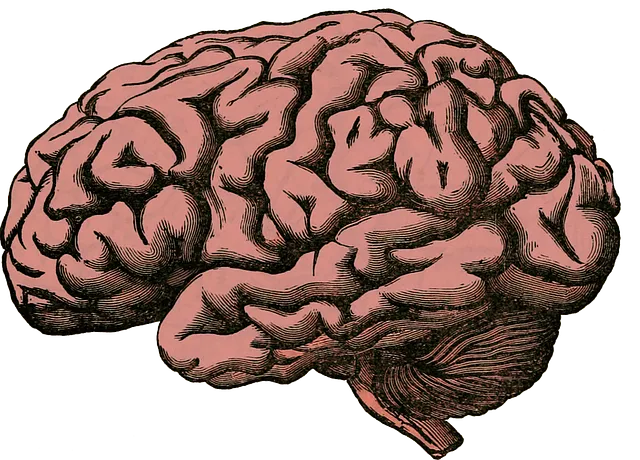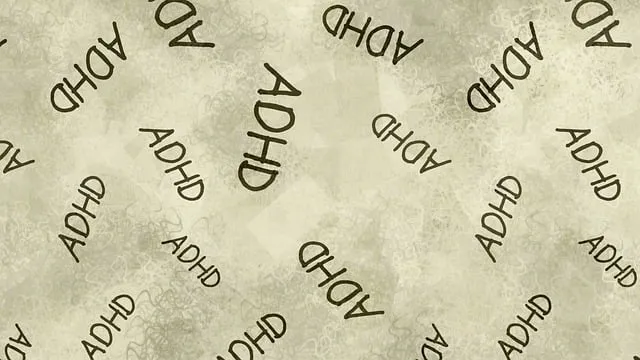Kaiser Permanente's initiatives in Boulder transform mental healthcare by tackling stigma through education, normalizing support-seeking, and community engagement. Their approach includes tools like Mental Wellness Journaling, Exercise Guidance, Conflict Resolution Techniques, and Empathy Building Strategies, fostering understanding and reducing isolation. Community involvement, led by organizations like Kaiser Permanente, informs mental health policy and enhances support availability. Positive media representations, advocacy for policy reforms, and open conversations challenge stereotypes, encouraging help-seeking without judgment, ultimately prioritizing mental well-being and accessibility to support networks in Boulder and similar urban centers.
Mental illness stigma remains a significant barrier to seeking help, yet efforts to reduce it are gaining momentum. This article explores comprehensive strategies to combat stigma, focusing on Kaiser Permanente’s initiatives in Boulder as a model program. We delve into education and awareness campaigns aimed at breaking down misconceptions, the power of community collaboration, media influence in shaping narratives, and policy reforms that promote equal mental health support. By examining these diverse approaches, we can accelerate progress in creating a more inclusive society for those facing mental health challenges, inspired by Kaiser Permanente’s leadership in Boulder.
- Understanding the Impact of Stigma on Mental Health: A Focus on Kaiser Permanente's Approach in Boulder
- Strategies for Education and Awareness: Breaking Down Misconceptions About Mental Illness
- Involving Communities: Collaborative Efforts to Reduce Stigma at Local Levels
- The Role of Media and Influencers: Shaping Narratives and Promoting Positive Representations
- Policy and Legal Reforms: Advancing Mental Health Support and Reducing Discrimination
Understanding the Impact of Stigma on Mental Health: A Focus on Kaiser Permanente's Approach in Boulder

The impact of stigma on mental health is profound and far-reaching, often hindering individuals from seeking help and support. Kaiser Permanente, a healthcare organization in Boulder, has taken a significant step forward in combating this issue through targeted initiatives aimed at reducing the stigma surrounding mental illness. Their approach emphasizes the interconnectedness of physical and mental well-being, acknowledging that emotional regulation is a crucial aspect of overall health.
By focusing on community engagement and education, Kaiser Permanente encourages self-awareness exercises and promotes the development of a robust self-care routine for better mental health. These strategies empower individuals to take control of their mental health journey, fostering an environment where seeking support is normalized. The organization’s efforts in Boulder serve as a model for other healthcare providers, demonstrating that challenging stigma can lead to improved access to care and positive outcomes for those facing mental health challenges.
Strategies for Education and Awareness: Breaking Down Misconceptions About Mental Illness

Mental illness stigma reduction often begins with education and awareness campaigns that aim to break down misconceptions prevalent in communities like Boulder, Colorado where Kaiser Permanente offers mental health services. Such initiatives focus on facilitating open conversations about mental wellness, encouraging individuals to seek help without fear of judgment or ridicule. This involves promoting accurate understanding of various mental health conditions through accessible platforms like Mental Wellness Journaling and Exercise Guidance. By presenting real-life experiences and challenging stereotypes, these tools foster empathy among the general population.
Additionally, incorporating Conflict Resolution Techniques and Empathy Building Strategies in educational programs equips individuals with the skills to offer support rather than perpetuate stigma. These strategies encourage active listening, understanding, and respect for individual experiences, fostering a community that embraces mental health discussions openly and without prejudice. Such inclusive efforts are pivotal in ensuring those seeking help receive it promptly and effectively.
Involving Communities: Collaborative Efforts to Reduce Stigma at Local Levels

Involving communities is a powerful strategy to combat stigma surrounding mental illness, particularly in localized contexts like Boulder where organizations like Kaiser Permanente are actively engaged in mental health initiatives. Collaborative efforts between healthcare providers, community leaders, and local residents create a supportive environment that fosters understanding and empathy. By integrating self-awareness exercises and stress reduction methods, these collaborative platforms encourage open conversations about mental health challenges, thereby reducing the isolation often experienced by individuals grappling with such issues.
Such initiatives extend beyond individual interactions to influence broader mental health policy analysis and advocacy. When communities actively participate in shaping policies related to mental healthcare, it leads to more inclusive and effective services tailored to local needs. This collective approach not only reduces stigma but also ensures that resources are allocated optimally, ultimately enhancing the availability and quality of mental health support for everyone in Boulder and similar urban centers.
The Role of Media and Influencers: Shaping Narratives and Promoting Positive Representations

The media plays a significant role in shaping societal perceptions about mental illness, often influencing public opinion and attitudes. In recent years, there’s been a notable shift towards more positive representations of mental health struggles in popular culture. Organizations like Kaiser Permanente mental health Boulder have been at the forefront of these efforts, advocating for increased awareness and understanding. By sharing relatable stories and featuring individuals who have successfully navigated mental illness, media platforms and influencers can help reduce stigma. This approach allows audiences to connect with real-life experiences, fostering empathy and breaking down barriers.
Social media influencers, in particular, have the power to reach diverse audiences, including younger generations. Incorporating practices like Compassion Cultivation and promoting open conversations about Anxiety Relief can significantly contribute to a more supportive environment. These platforms offer opportunities for individuals to share their journeys, challenge stereotypes, and encourage others to seek help without fear of judgment. Such initiatives are vital in creating a society where mental well-being is prioritized, and support networks are easily accessible.
Policy and Legal Reforms: Advancing Mental Health Support and Reducing Discrimination

Mental illness stigma reduction efforts often begin with policy and legal reforms aimed at advancing mental health support while reducing discrimination. Organizations like Kaiser Permanente Boulder have been at the forefront of such initiatives, advocating for policies that prioritize comprehensive mental health care and protect individuals from discriminatory practices. These efforts involve analyzing existing mental health policies to identify gaps and areas for improvement, focusing on strategies that enhance access to care and promote understanding.
Effective communication strategies are integral to this process, as they help dispel misconceptions about mental illness and foster empathy within communities. Mental Health Policy Analysis and Advocacy groups work tirelessly to educate policymakers, ensuring that legislation reflects the latest research and best practices in mood management and other aspects of mental health treatment. By integrating these efforts into broader policy agendas, society can create a more inclusive environment where individuals with mental illness receive the support they need without fear of discrimination.
Stigma reduction efforts for mental illness are crucial in fostering supportive communities, as evidenced by Kaiser Permanente’s successful initiatives in Boulder. By combining education, community involvement, media representation, and policy reforms, we can break down misconceptions, promote understanding, and ensure access to quality mental health support for all. Through collaborative actions, we can create a more inclusive society where individuals experiencing mental illness are met with compassion and care, ultimately enhancing overall well-being.






